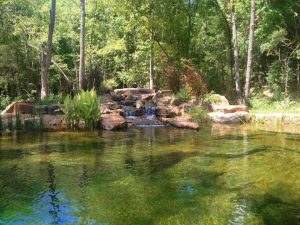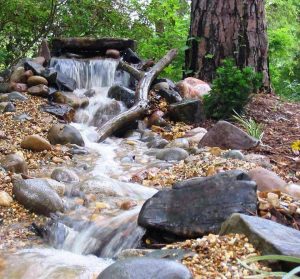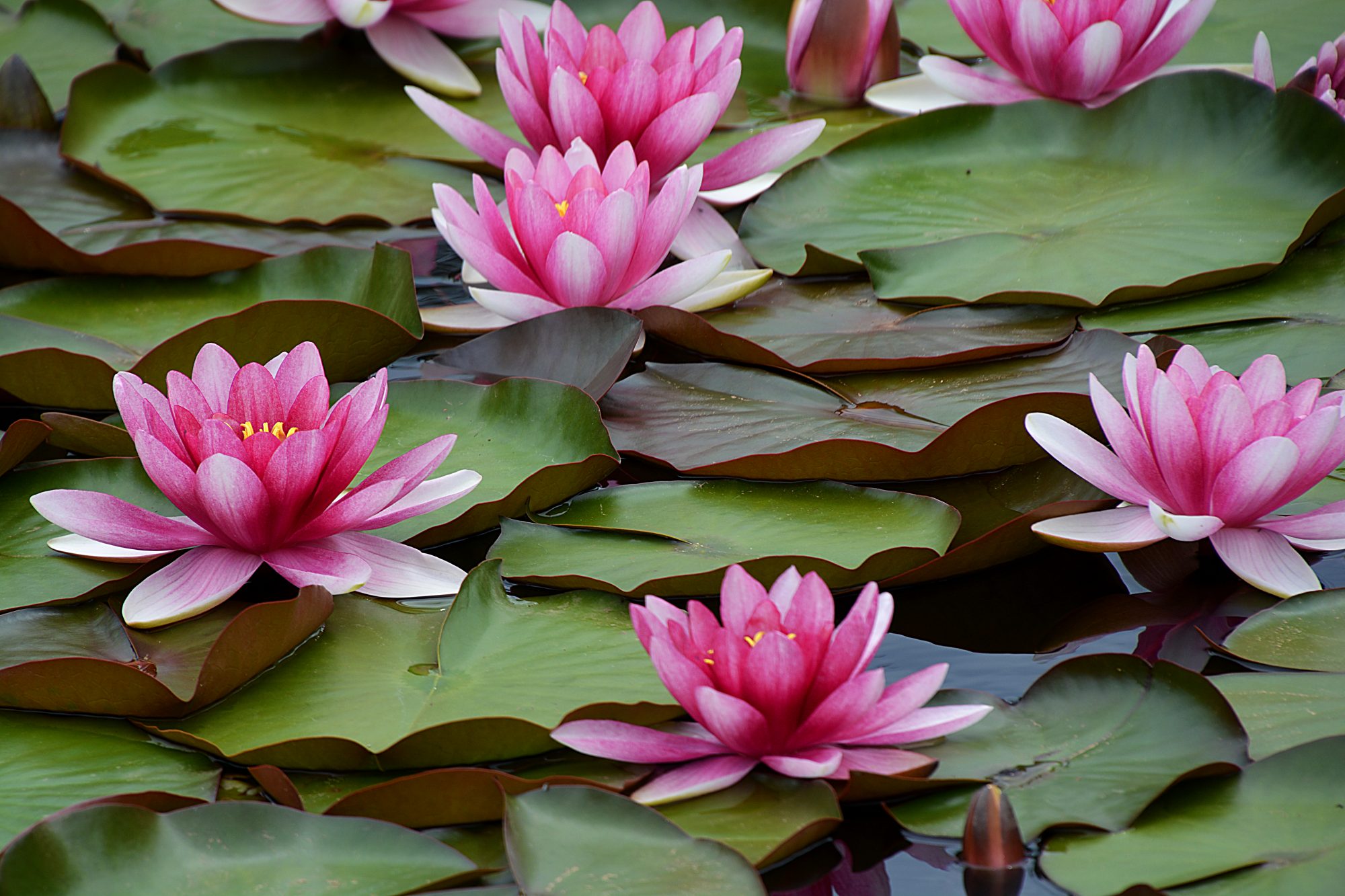Fall Pond Care and Maintenance
Allowing your pond to be put to bed for winter doesn’t need to be an arduous technique. Sure, saying goodbye to your finned friends for few months is sad, but following our easy fall pond care tips will make certain that your fish joyfully greet you once more within the spring.
 Remove leaves and debris
Remove leaves and debris
Putting a pond net over your water feature earlier than leaves start falling from trees is the very best way to include and manage the control of leaf. Once all of the leaves have fallen, without a doubt roll up the net, discard the leaves, and placed the net away until the net is needed again.
You’ll probably have a buildup of leaves and debris that need to be removed if you didn’t install the net. An extended-handled pond net makes a clean process of scooping the debris from the bottom of the pond. You’ll be creating a bigger mess to face in the spring if you leave the debris on the bottom of the pond.
Trim dead or dying foliage
Trimming dead foliage facilitates the dispose of excessive organic debris that could otherwise decompose in the water. Cut again hardy waterlilies above the base of the plant and ensure that you cut back marginal plant that may droop over into the water.
Add cold water bacteria
Add cold water bacteria, which include Aquascape Coldless Water Beneficial Bacteria to assist in the maintenance of clean pond water. Cold Water Beneficial Bacteria contains concentrated strains of useful micro organism which is designed to work in temperatures less than 50 degrees. The frequent use of Aquascape Cold Water Beneficial Bacteria will help preserve water satisfactory and clarity, as well as dramatically lessen spring upkeep via digesting debris that may accumulate over the winter months.
If you leave your pond running
Operating your pond and waterfalls during the winter will provide beautiful ice formations in order for you to enjoy throughout the frosty season. Always ensure you keep in mind that, there could be a piece of upkeep required this time of year, such as topping off the pond because of evaporation. Also, you’ll have to make sure ice formations don’t create dams that could purpose unnecessary water loss over the brink of the stream.

If you shut down the pond
Many homeowners in northern climes decide to shut down the pond for the winter months. If you pick out this option, remember to:
- Remove the pump from your pond and store it in a warm place like the garage or the basement. Protection from the cold lengthens the life of your pump.
- Drain the water out of the plumbing. This prevents standing water from freezing and expanding, potentially cracking the pipes that connect your filtration system.
- Remove and clean the filter media and spray them thoroughly with a garden hose. Store them in the garage or the basement along with the pump.
- Oxygenate the water by placing a small air pump, such as the Pond Aerator on the bottom shelf of your pond. Oxygenating the water is not only for the sake of your fish, but it also helps keep a hole open in the ice when the surface of your pond starts freezing. This hole allows harmful gasses to escape, and oxygen to get in.
- If it gets really cold where you live, you may consider adding the Aquascape De-Icer. At extremely low temperatures, the oxygenation of the water may not be sufficient to keep a hole open in the ice.
- That’s where the De-icer saves the day. It complements the AquaForce and, together, they’ll keep most any pond open.
Ensure healthy fish before winter
A properly-balanced diet help to create healthy, happy fish. You want to ensure your fish are in desirable condition earlier than they move into hibernation. When the water temperature is below 60 degrees, the digestion and metabolism of your fish starts to slow down. Aquascape Premium Cold Water Fish Food is scientifically formulated to correctly nourish your fish all through these lower temperatures. Be sure to stop feeding your fish when water temperature falls below 50 degrees.
Taking a bit effort and time to prepare your pond for winter does not only help your fish survive their winter slumber, but makes your spring upkeep less difficult. Make sure you follow these winter guidlines so you can enjoy the greatest joy from your pond when spring rolls once again.





